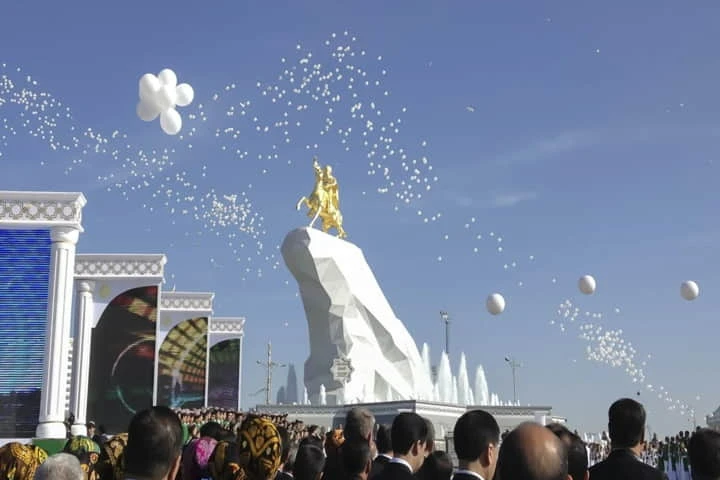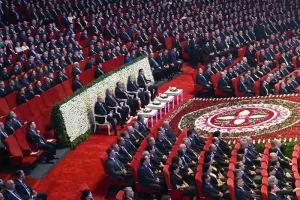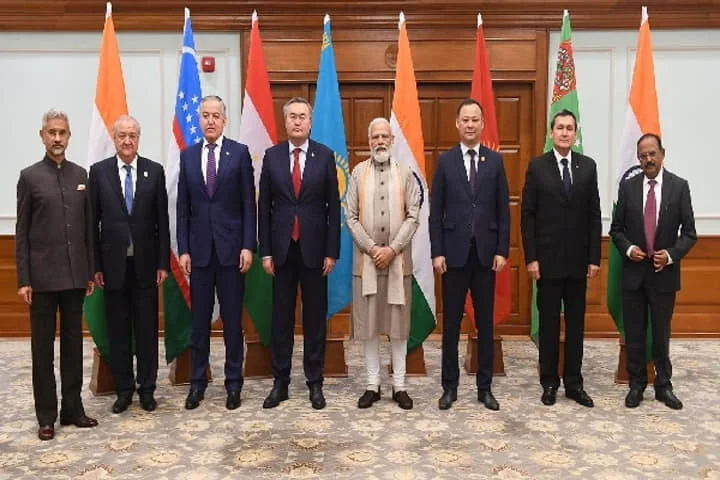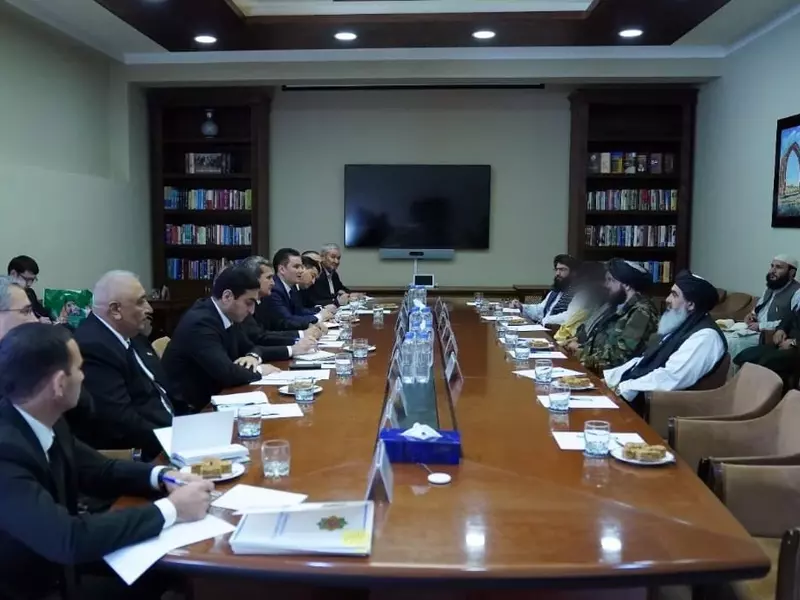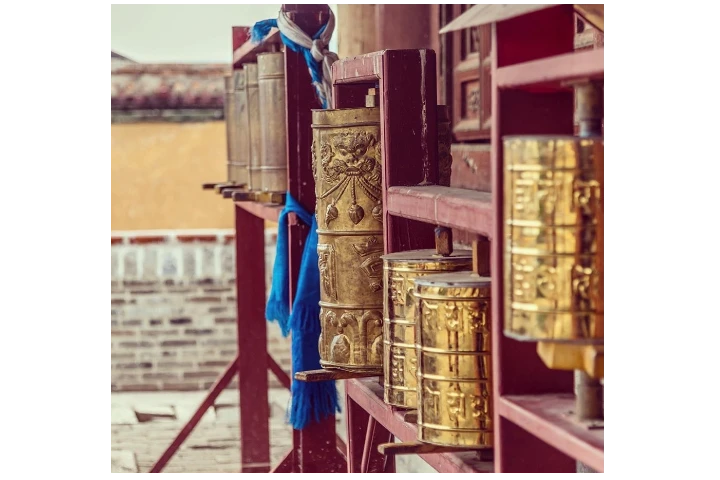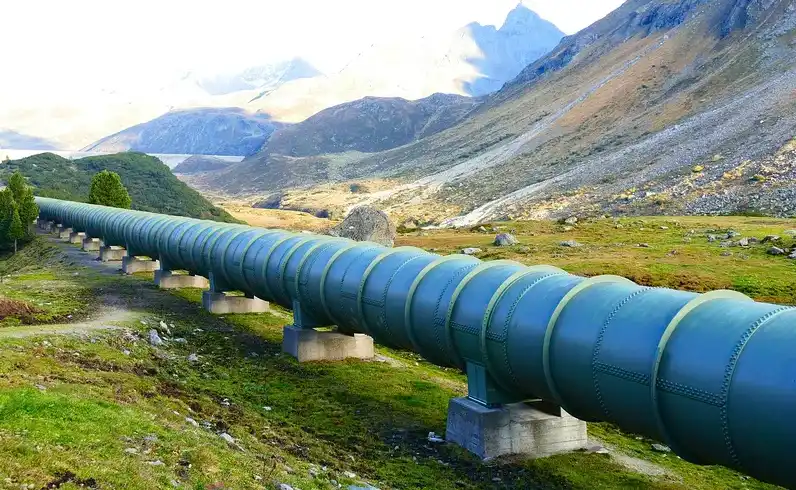Today Turkmens are heading to the polls in what will be, in Turkmenistan's 30 years of independence, only the third time there will be a transition in power. The current president Gurbanguly Berdymukhamedov has been in power since 2006, following the demise of the country's first president Saparmurat Niyazov Turkmenbashi. Elections were held in 2017 when Berdymukhamedov was reelected unopposed. In February this year he announced the elections.
The expected transition in power, however, is expected to be in the fashion of the peaceful transition that took place in Qatar in 2013 – from father to son. Berdymukhamedov’s son Serder Mekhmedov is widely expected to take over the reins of power from his father. Eight more contestants are in the fray but are widely believed to be an expression of tokenism. Power is mainly wielded by the ruling Democratic Party of Turkmenistan (DPT) – the new avatar of the Soviet era Communist Party of Turkmenistan. There is no real opposition and the two other registered political parties in the country – the Party of Industrialists and Entrepreneurs, and the Agrarian Party – were believed to be organized by sitting members of the DPT. Serder Berdymukhamedov recently turned 40 – the required age for an official candidate. He is currently the country's deputy prime minister, as also a member of the State Security Council, besides holding numerous other official positions. The elections were announced on February 12 after Berdymukhamedov told an extraordinary meeting of the upper chamber of parliament that he intended to step aside so that power can be turned over to "young leaders."
Even though power is set to be retained by the same party and family, still it is interesting that early elections have been called for, especially given that the Turkmen Constitution was amended in 2016 to increase the 5-year presidential term to seven.
The answer may lie in the January events in Kazakhstan. People's mobilization and spontaneous violent uprisings are anathema to the ruling elites of the region. While Kyrgyzstan seen political turmoil periodically, even a color revolution, the scale of violence in the events in Kazakhstan in January this year – blamed on Islamists who had taken advantage of the mass protests against fuel price h8ke – and the ensuing deployment of troops from the Russia led Collective Security Treaty Organization (CSTO) had spooked all its fellow countries in the region, in particular Turkmenistan.
Turkmenistan is Central Asia's most closed and isolated country. It had long announced its policy of "political neutrality" and is neither a member of the CSTO, or the Eurasian Economic Union, nor the Shanghai Cooperation Organization, which includes all the other four Central Asian countries. It also has the world's sixth largest reserves of natural gas, sitting as it does on reserves of 265 trillion cubic feet.
Yet, the country has been seeing growing migration, unemployment, and poverty. Given its geopolitical location, the Turkmen economy is 90 percent dependent on energy exports, and its major client is China. Falling gas prices and Turkmenistan's inability or unwillingness to diversify 'its economy has added to the woe. That is also why Turkmenistan has been relentlessly pursuing the Turkmenistan Afghanistan Pakistan India (TAPI) gas pipeline, which if ever completed would deliver Turkmen gas to South Asia. The country, where any slightest murmur of dissent is quickly crushed, saw rare protests last year. The Kazakh uprisings could not have come at a worse time. Moreover, the Kazakh government has announced that Islamists had infiltrated the protests to unleash violence. So wary is the country of religious radicalism that not only does it exercise strict control over it, it has also banned any association or political party based on religion. And it has largely escaped religiously motivated unrest that all the other Central Asian countries have faced one time or the other.
Factoring all this it seems that the promise of change, even if not change itself, may be the Turkmen political elite’s way of hedging against any popular movement against the current political setup. And handing over power to the president’s son kills two birds with one stone. It brings a more youthful face to the fore, a symbol of modernity, while preserving power within the same clique.
Also Read: What explains Turkmenistan's embrace of the Taliban?






